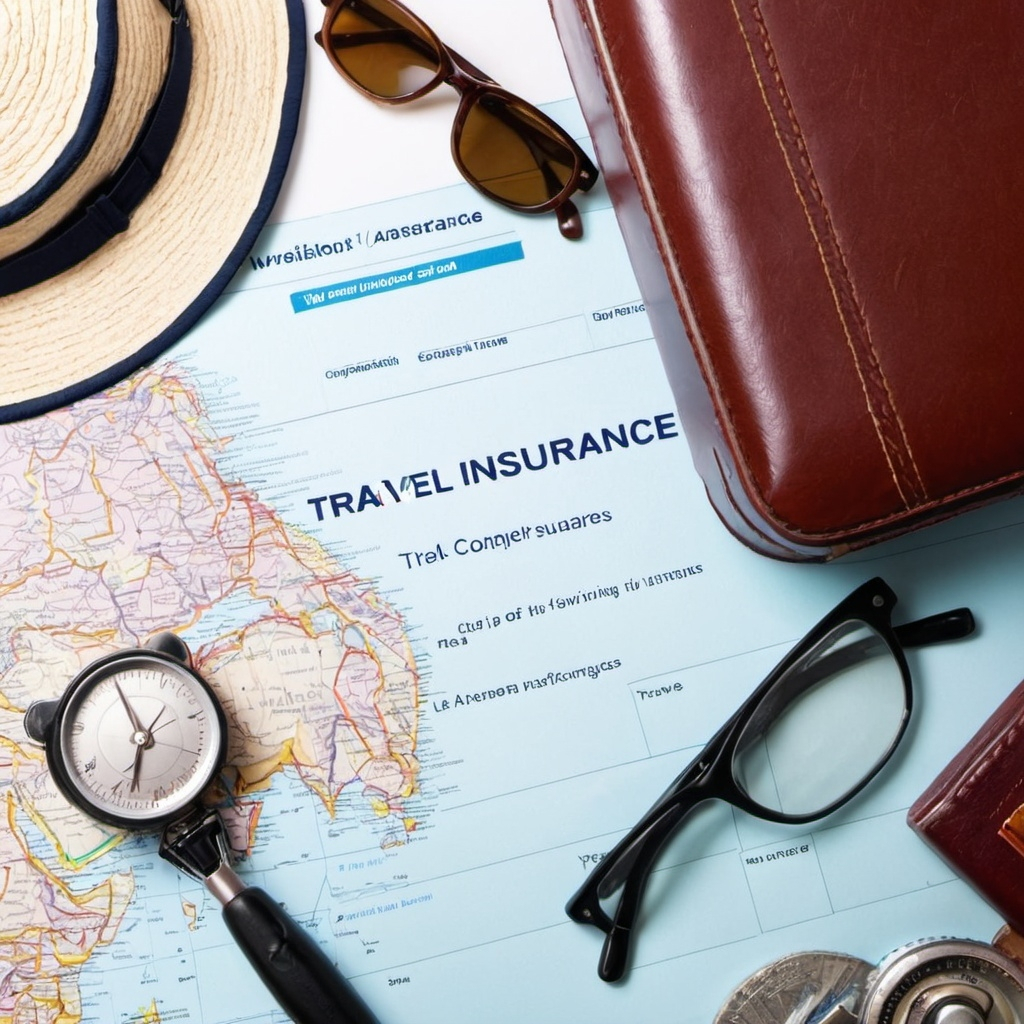Travel Insurance: A Comprehensive Guide
Travel insurance provides coverage for various risks and emergencies that may occur during travel. It’s crucial for safeguarding your trip investments and ensuring peace of mind while traveling. This guide covers the essential aspects of travel insurance, including types of coverage, benefits, and tips for choosing the right policy.
1. Understanding Travel Insurance
a. What is Travel Insurance?
Travel insurance is a policy that offers financial protection against unexpected events and losses during your travels. It can cover a range of issues, from medical emergencies to trip cancellations.
b. Why Do You Need Travel Insurance?
- Unexpected Events: Travel insurance protects you from unforeseen events such as illness, accidents, or natural disasters.
- Financial Protection: It helps cover costs related to trip cancellations, lost luggage, or emergency medical expenses.
- Peace of Mind: Provides reassurance that you’re protected against various travel-related risks.
2. Types of Travel Insurance
a. Medical Coverage
- Emergency Medical Expenses: Covers medical costs incurred due to illness or injury during your trip.
- Emergency Medical Evacuation: Provides coverage for transportation to the nearest medical facility or back home if needed.
b. Trip Cancellation/Interruption Insurance
- Trip Cancellation: Reimburses non-refundable expenses if you need to cancel your trip due to covered reasons like illness or a family emergency.
- Trip Interruption: Covers costs if your trip is interrupted or cut short due to unforeseen events.
c. Baggage and Personal Belongings Insurance
- Lost or Delayed Baggage: Covers expenses for lost, stolen, or delayed baggage and personal belongings.
- Theft or Damage: Provides compensation for items stolen or damaged during your trip.
d. Travel Delay Insurance
- Additional Expenses: Covers costs for accommodation, meals, and transportation if your travel is delayed for reasons such as weather or airline issues.
e. Accidental Death and Dismemberment (AD&D) Insurance
- Accidental Death: Provides a payout in case of death due to an accident during your trip.
- Dismemberment: Offers compensation for severe injuries resulting in loss of limbs, sight, or hearing.
3. Key Features to Consider
a. Coverage Limits
- Maximum Coverage: Ensure the policy offers adequate coverage limits for medical expenses, trip cancellations, and other risks.
- Deductibles: Check if there are deductibles and how they affect your claim.
b. Exclusions and Limitations
- Pre-existing Conditions: Understand how pre-existing medical conditions are covered or excluded.
- High-Risk Activities: Check if coverage includes activities such as skiing or adventure sports.
- Travel Restrictions: Be aware of any restrictions related to your destination or type of travel.
c. Policy Duration
- Single Trip vs. Annual Multi-Trip: Choose between a single trip policy or an annual multi-trip policy depending on your travel frequency.
d. 24/7 Assistance
- Emergency Assistance: Ensure the policy offers 24/7 emergency assistance and support services.
4. Tips for Choosing the Right Travel Insurance
a. Assess Your Needs
- Destination: Consider the healthcare costs and risks associated with your travel destination.
- Trip Length: Choose coverage based on the duration of your trip.
- Activities: Ensure the policy covers any activities you plan to engage in.
b. Compare Policies
- Coverage Options: Compare different policies and their coverage options to find the best fit for your needs.
- Cost vs. Benefits: Evaluate the cost of the policy in relation to the benefits and coverage limits offered.
c. Read the Fine Print
- Policy Terms: Carefully read the terms and conditions to understand what is and isn’t covered.
- Claim Process: Familiarize yourself with the claims process and required documentation.
d. Purchase in Advance
- Early Purchase: Buy travel insurance as soon as you book your trip to ensure coverage for cancellations or interruptions.
5. How to Purchase Travel Insurance
a. Research Providers
- Insurance Companies: Look for reputable insurance providers with good reviews and customer service.
- Comparison Websites: Use comparison websites to evaluate different travel insurance options.
b. Get Quotes
- Online Quotes: Obtain quotes online to compare prices and coverage options.
- Consult an Agent: Consider consulting an insurance agent for personalized advice and recommendations.
c. Buy the Policy
- Online or Offline: Purchase the policy online through the provider’s website or via an insurance agent.
- Confirmation: Ensure you receive confirmation of your policy and review the details.
Travel insurance is an essential investment for anyone planning a trip, offering protection against a range of potential issues. By understanding the types of coverage available, evaluating your needs, and choosing the right policy, you can travel with confidence, knowing you’re protected against unexpected events.




